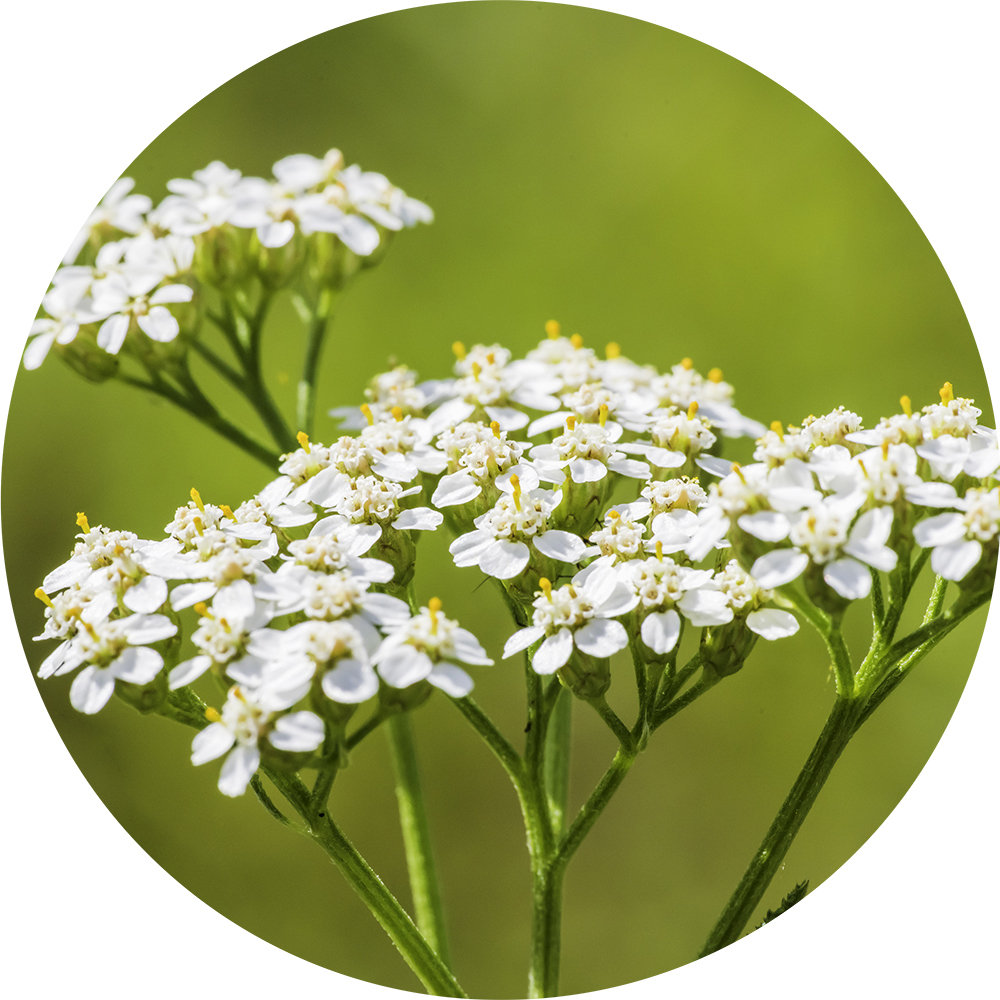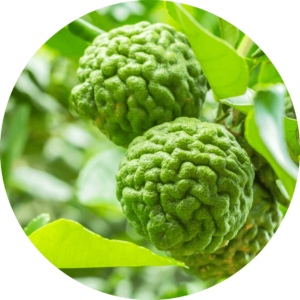Yarrow
Legend has it that the Greek army first reached Mysia on its way to Troy. Convinced that they had arrived in Troy, they set about ravaging the city, until Telephus, the son of Heracles, appeared. After Telephus had stumbled on a vine, Achilles struck him in the thigh with a spear. His wound would not heal, and he donned beggar’s clothes so that Achilles could treat his wound. He is fated to have done it with yarrow.
Yarrow has a beneficial effect on the liver and kidneys, the reproductive system, digestive organs, the nervous system, and circulation; it lowers blood sugar, relieves the symptoms of the flu and colds, regulates blood pressure and cures haemorrhoids. As Achilles and hajduks have known for centuries, it can stop bleeding and can promote wound healing. It is a frequent ingredient in herbal mixtures for “women’s problems” since it prevents heavy and irregular menstruation.
Yarrow helps with menstrual cramps and heavy bleeding, as asserted by the European Medicines Agency and additionally protects the health of the digestive system, liver and bile.






